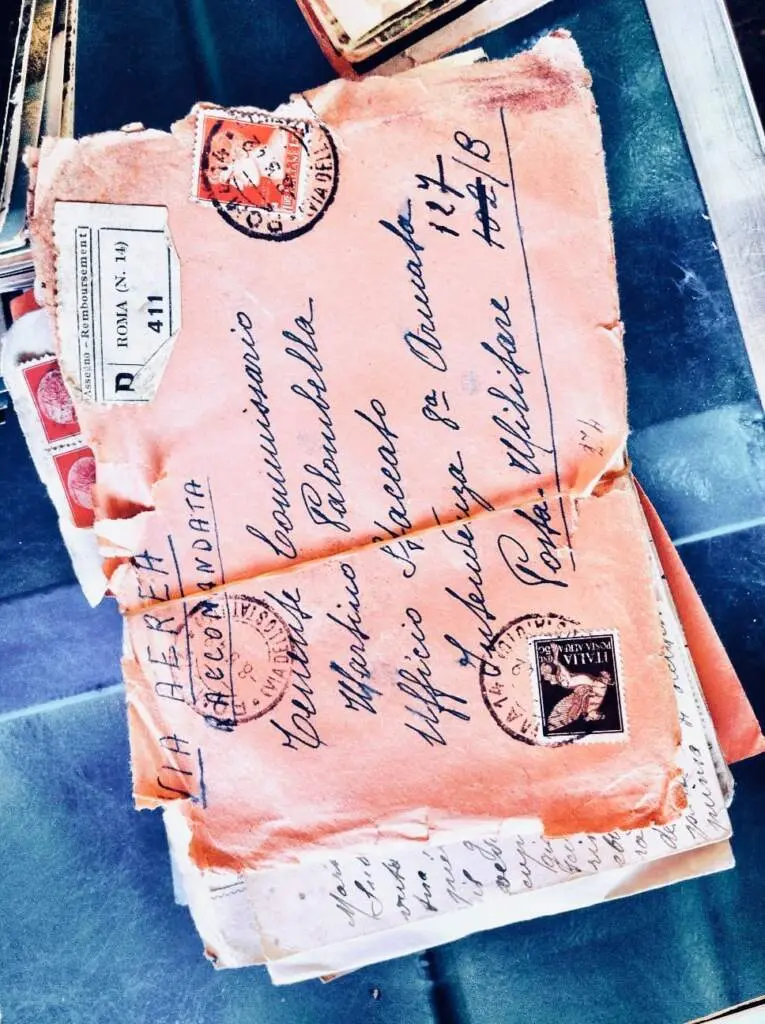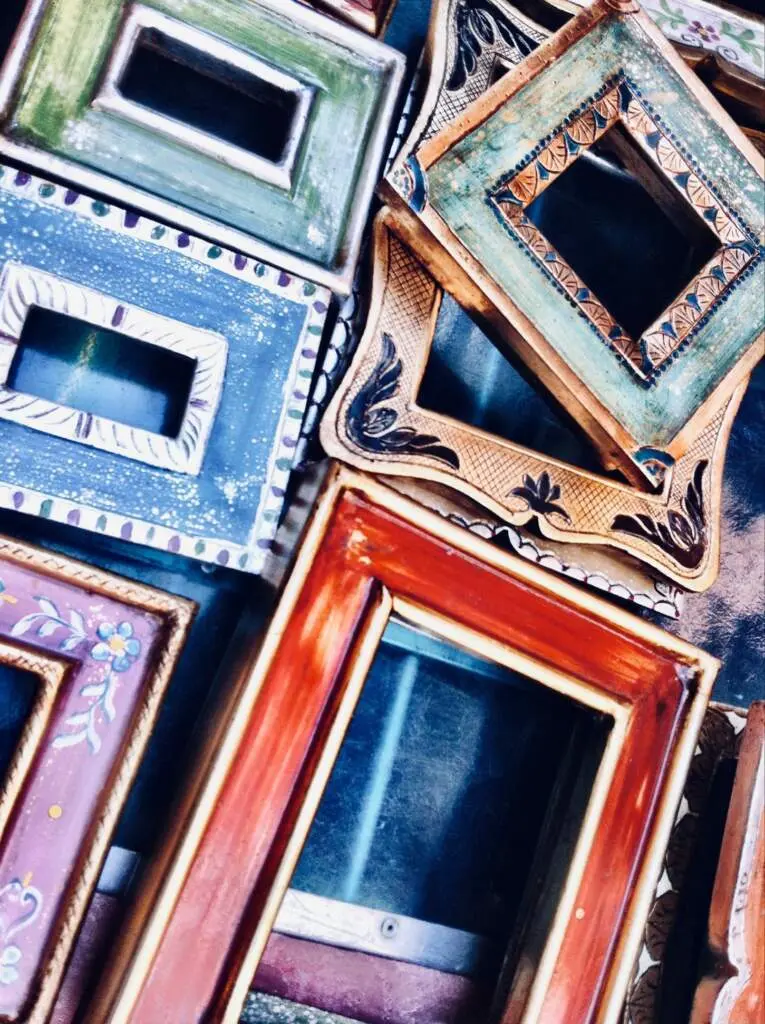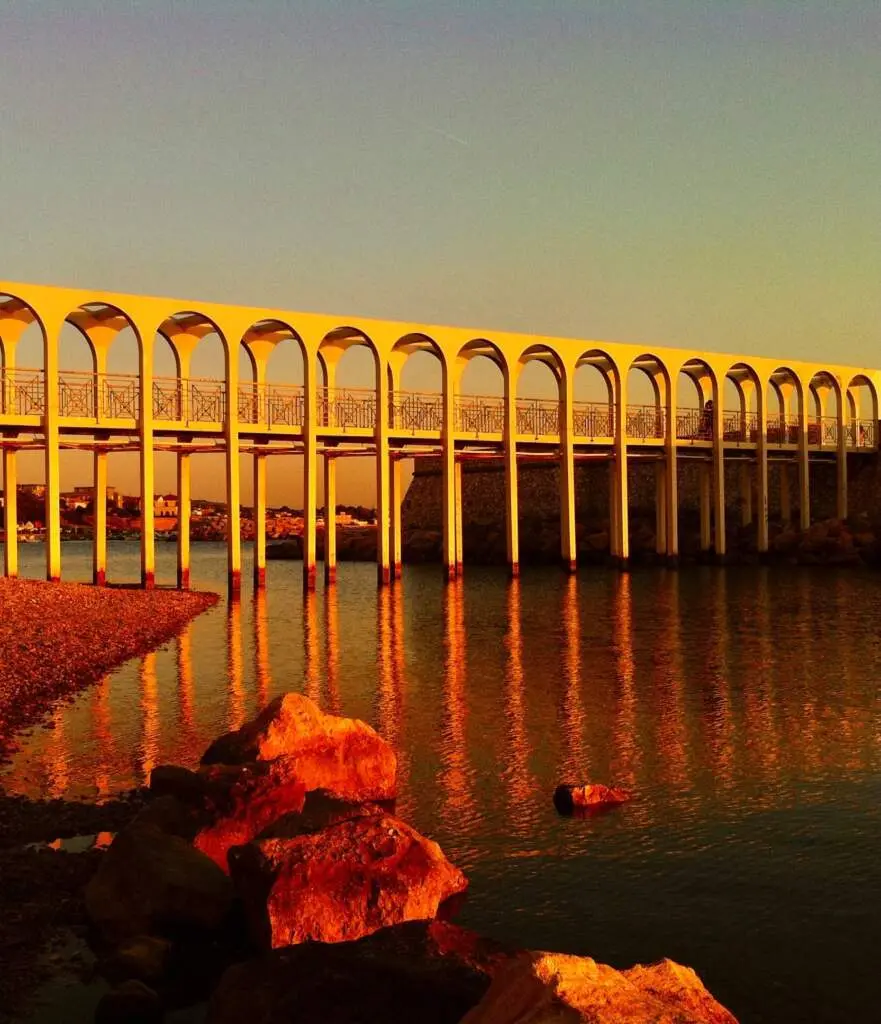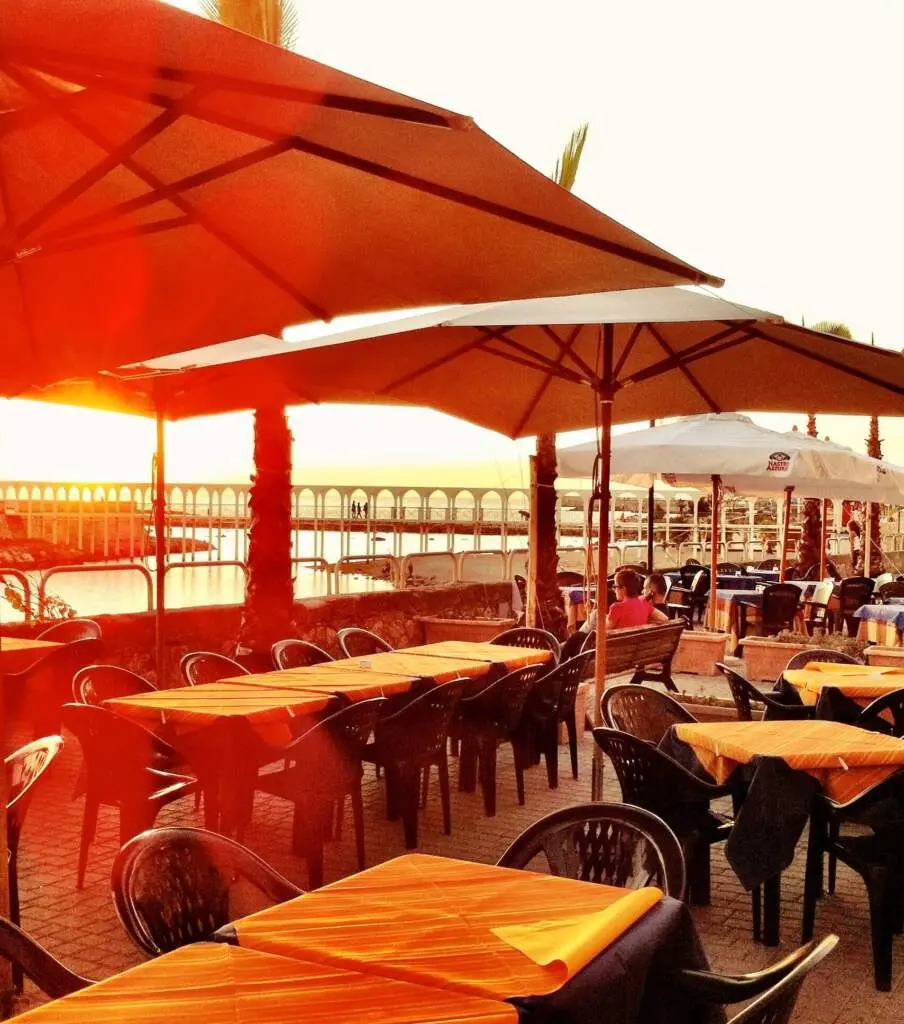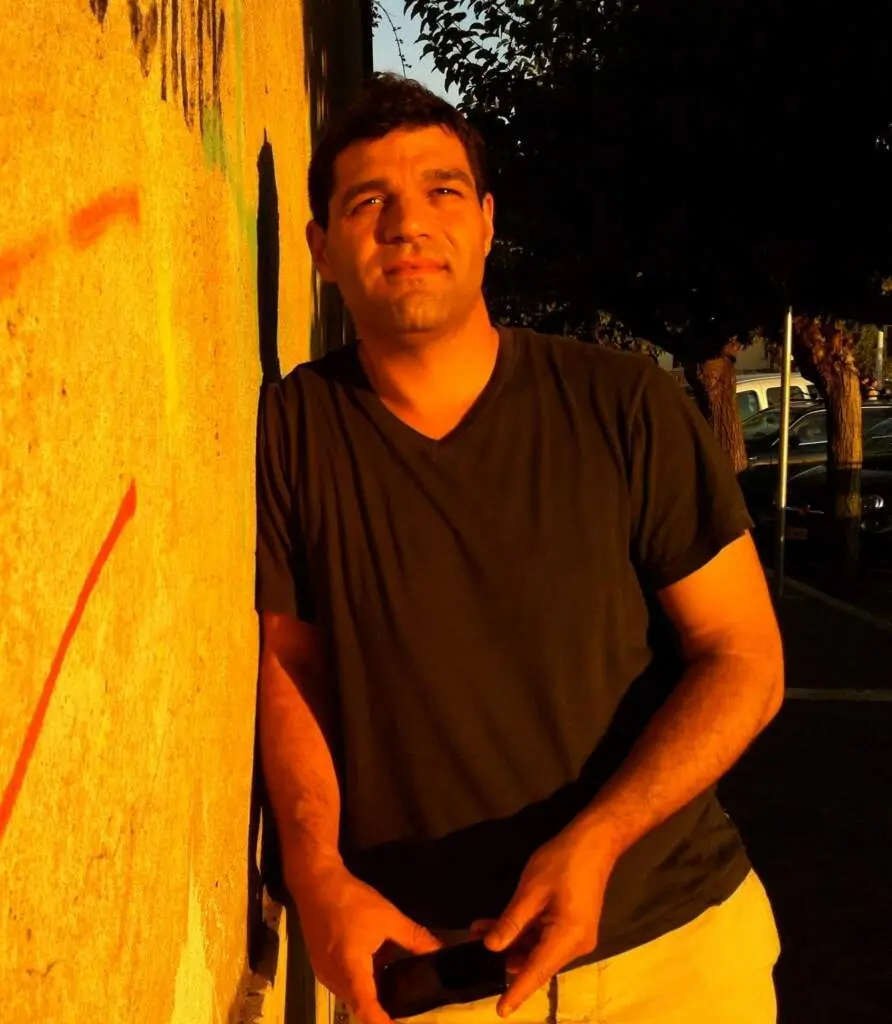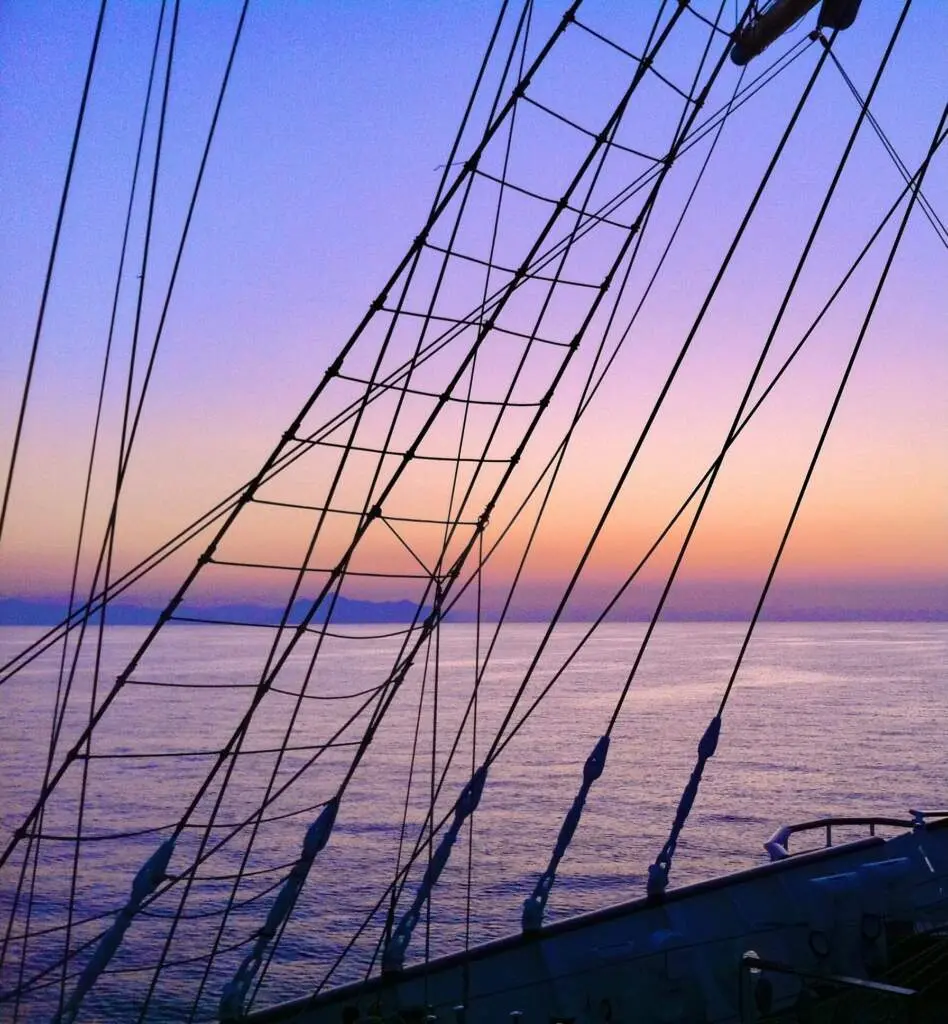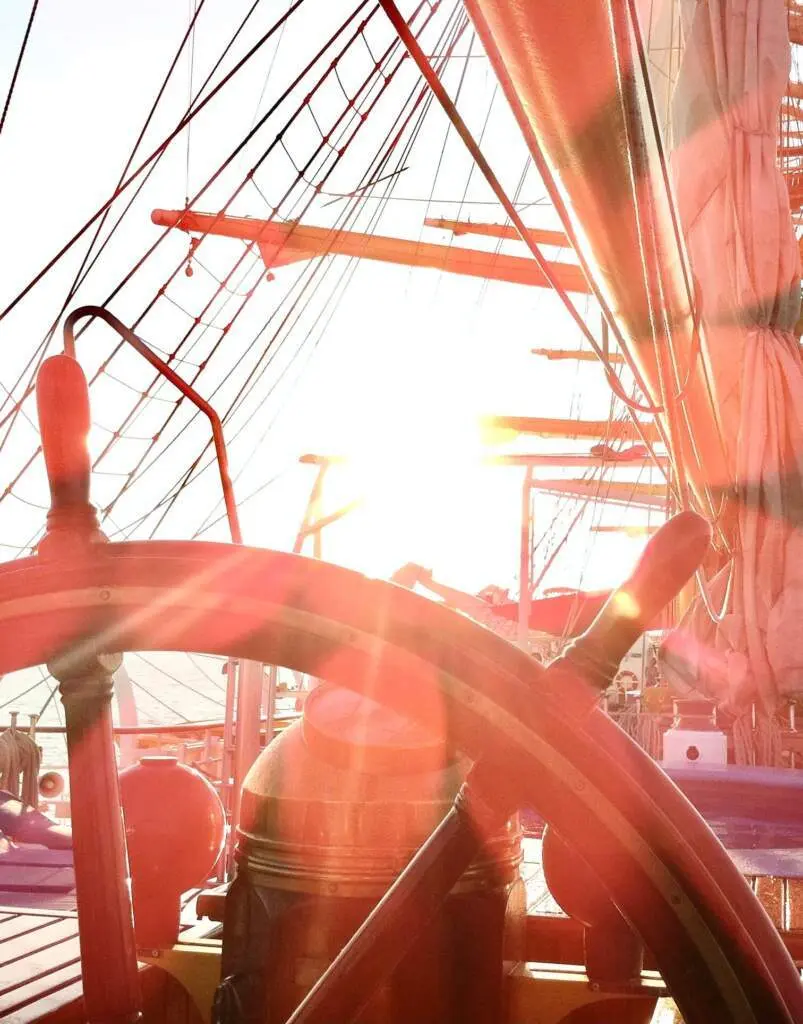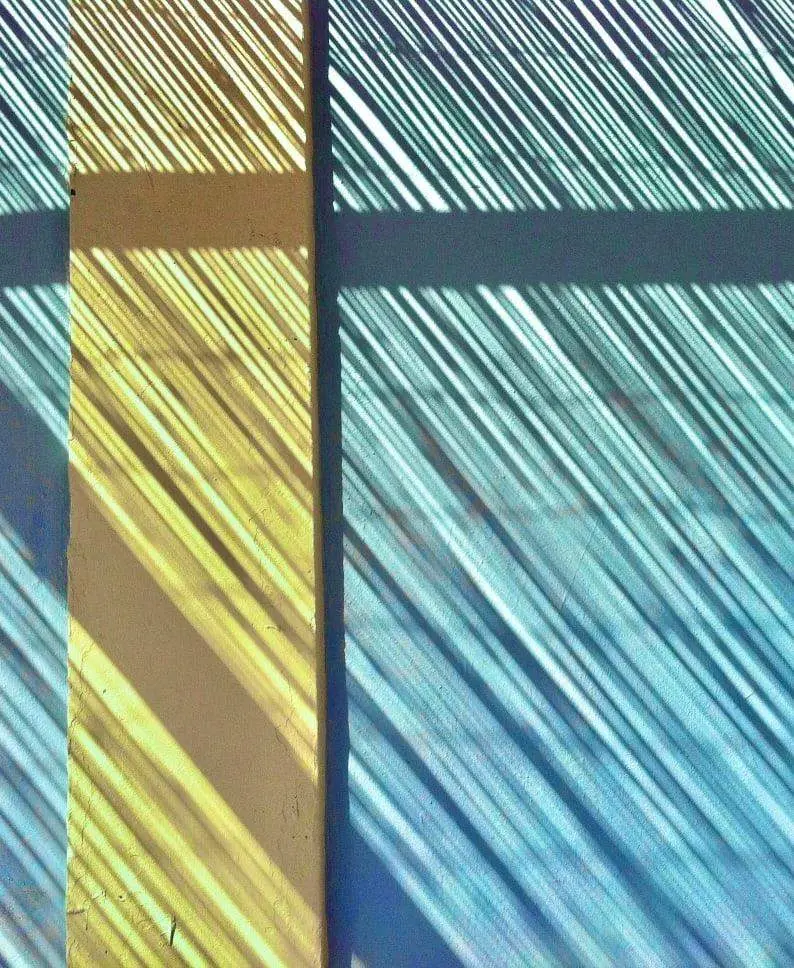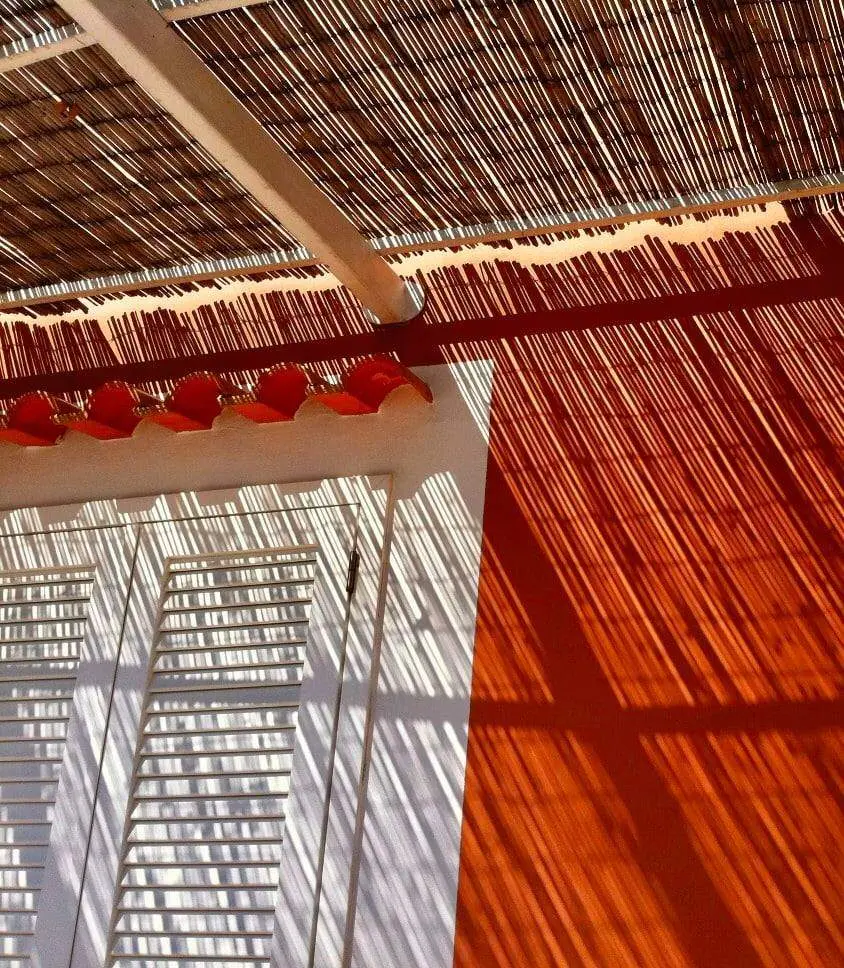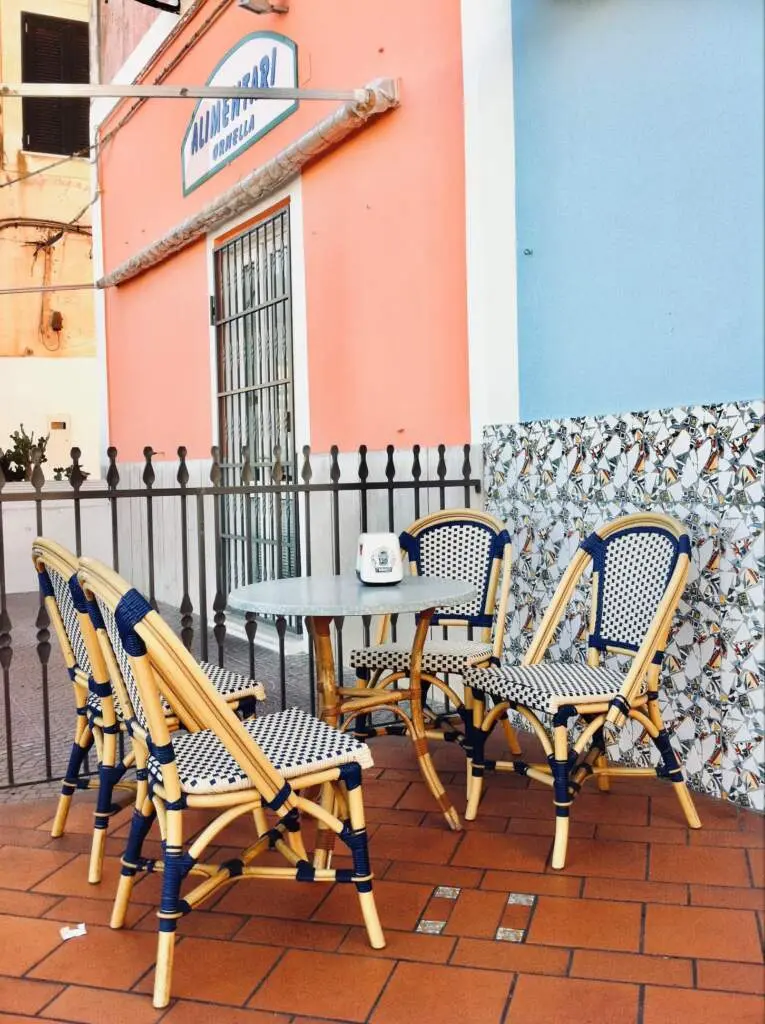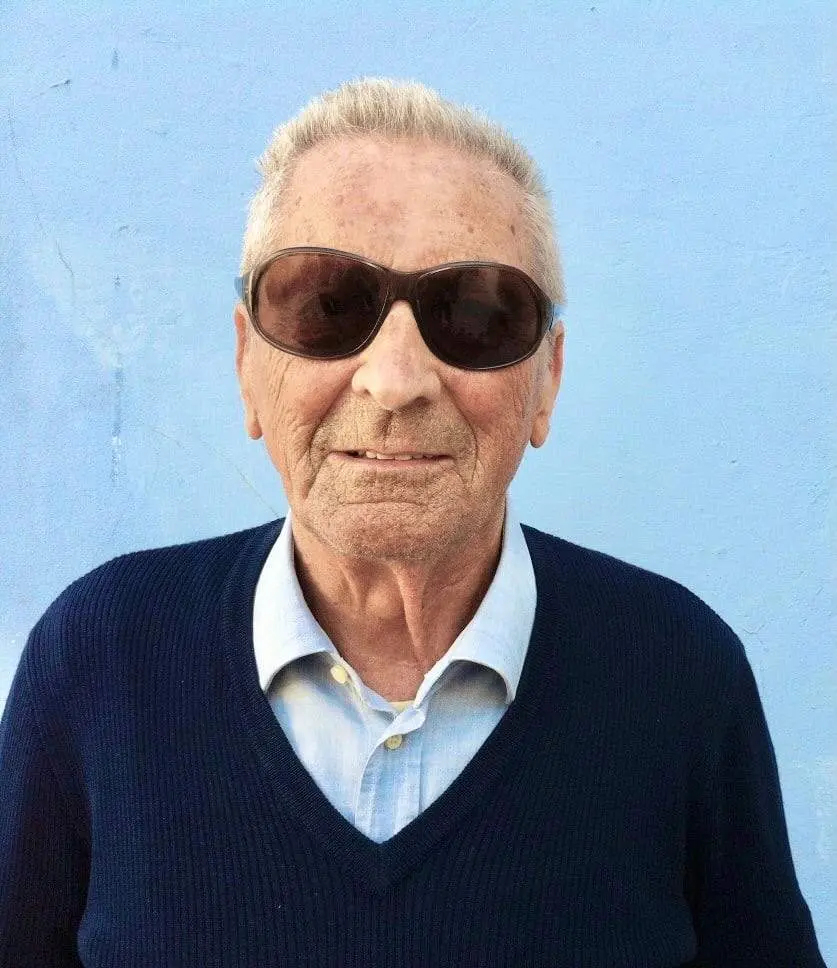The second most memorable date, in my brand-spanking-new iPhone photography journey, besides, February 18, 2011, my love-at-first-site conversion, at the Crane Beach, Crane Resort, Barbados, was October 5, 2011-the day Steve Jobs died.
“Being the richest man in the cemetery doesn’t matter to me. Going to bed at night saying we’ve done something wonderful… that’s what matters to me.”
― Steve Jobs
I was on a mobile photo and filmmaking junket, with fellow creatives Neil Barham, Jonathan Houser, and Manav Lohia, traveling in majestic and unforgettable style, onboard the 227 passengers, steel-hulled, fully rigged, five-masted barquentine, 42 sails, tall ship, Royal Clipper.
We were visiting Mediterranean ports-of-call in Civitavecchia, Lipari, Messina, Amalfi, Sorrento, Ponzo.
On that solemn day, of October 5, 2011, we were pulling into the port of Lipari-the largest of the Aeolian Islands in the Tyrrhenian Sea, off the northern coast of Sicily, southern Italy
With the passing of Steve Jobs, Apple co-founder, and former Chief Executive, it’s hard to describe the reflective and contemplative mood I found myself in that day.
“Remembering that you are going to die is the best way I know to avoid the trap of thinking you have something to lose. You are already naked. There is no reason not to follow your heart.”
― Steve Jobs
I can still feel this day in my bones and hear the haunting whispers of Steve Jobs in my head.
Given my newly found lust and love for all things iPhone photography, I felt like, at the very least, I owed Steve’s memory, my full attention, and honor. I gave it to him, in full force.
I photographed and wrote, that day like it was my own last day on earth. It was surreal.
I will never forget the experience. It changed me forever and from the inside out.
I will never be the same again.
“Have the courage to follow your heart and intuition. They somehow already know what you truly want to become. Everything else is secondary.”
― Steve Jobs
Lipari will live inside me for the rest of my days.
The three lessons that I journaled, from that epic day, which will stay with me until I die (1) Technology is not something we own and do, it is something we are, it is a part of each of us. (2) the heart of iPhone photography and filmmaking is emotional, not technical or mechanical. (3) the iPhone isn’t just a capture device (like any ordinary camera) its a complete and total platform and ecosystem, for shooting, beautifying, and sharing your mobile photographs
I think it was this last lesson that hit me the hardest and has stayed with me the longest.
The iPhone, unlike its big-camera sibling, is a complete, total, revolutionary platform and ecosystem for not just capturing images, but editing images and sharing those images, instantaneously, with a tap, to family, friends, fans, and followers, all around the world, 24/7, 365.
Owning and operation an iPhone camera is the modern-day equivalent of having, in your pocket and hand, a fully-stocked camera retail store, a modern darkroom, and your own, branded, personal publishing, and printing company.
“Simple can be harder than complex: You have to work hard to get your thinking clean to make it simple. But it’s worth it in the end because once you get there, you can move mountains.”
― Steve Jobs
Because of phone cameras in general and iPhones in particular, we no longer think of photography as the exclusive act of capture. Instead, we think of photography today, as a seamless combination and integration of shooting, beautifying, and sharing. They are one.
iPhones have changed the landscape of photography forever.
They have also forever changed my pilgrim and poet’s eye and heart.
“Your time is limited, so don’t waste it living someone else’s life.”
― Steve Jobs
Click
Jack

